Spark Theory

Edit July 16, 2025 - I got the quote from Musashi, wrong.
In fact, it's the wrongest way to get it wrong - instead of writing "Think lightly of yourself and deeply of the world." I wrote "Think deeply of yourself, and lightly of the world". 🤦
Since, changed. 👍
Hi!
One day my sister and I were arguing about originality. I held the belief then, as I do now, that 100% originality is possible.
This is a controversial claim.
There are 2 major counter-arguments I hear, or read on the net:
- 100% originality is not possible, because everything has been done before. Even a twist on something, is a twist on something.
- 100% originality is not possible, because as Picasso seems to suggest, transformation of an idea is creativity.
Good artists copy, great artists steal. - Picasso
Here are some counter-arguments I have come up against myself, in this process of thinking:
- All ideas exist, existed, or will exist.
- All ideas will borrow from culture, at some point.
I initially wanted to make sure this article meets philosophical standards.
5000 words later, I will address the above counter arguments in a different article.
For normal people, before starting please see this outline, here:
- Introduction - References a YouTube video. I also state my claim, in concrete terms. I reference the training scene in Dil Bole Hadippa! and Mulan.
- I write, in great detail, about the 5 levels of mastery. You might want to skip to the Appendix, and work backwards based on your interest level.
- I go into the Second Way, which I claim lies in contrast to the 5 levels, but at the same time predates all of the 5 levels. I make my case as to where I fall, and give advise to those who reject the 5 levels.
- Appendix, where I cite some existing works.
Introduction
Now, this video supports my argument.
In summary, he says that what makes you, you is an important ingredient in manifesting a unique idea, even if the plot is the same.
His level of interpretation focuses on congruence, and not similarity, and I agree with that approach.
In other words, despite Mulan having an element of girl-dressed-as-man, the topics of adulthood, hidden identity and gender, are topics that are relevant both to the real world, and the setting of the movie itself.
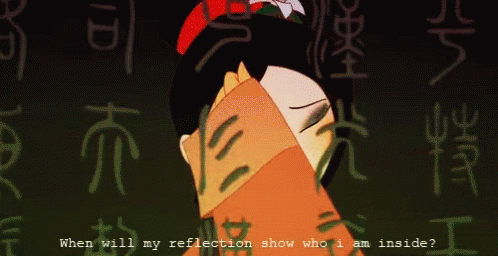
Girl-dressed-as-man is a familiar motif.
This happens in a Rani Mukherjee movie, too, where a girl dresses up as a guy to participate in a cricket team, where she sort of likes the captain, and he comes to know she's a girl, at a bad time.
Don't believe me?
Both scenes are identical in theme, casting and the point they're trying to make, down to the comedic effect.
Once I say this, people who don't know English, or Punjabi, will fail to see the difference below.
It's time for me to talk about my Spark Theory.
There are not 1, but 2 ways to be 100% original.
And like all philosophy, this is only useful to you if you're an intermediate writer, or you want to put this concept into your work better. I'm betting you already do this, on some level.
Formally, this is what I am trying to prove:
- 100% originality, within a piece of media, is possible.
- There are 2 ways to achieve (1)
Spark Theory, Level 0 - Humanity.
Flashes of insight. What if's - the ideas that keep you up all night. This happens to all, and we work hard, hoping the muse comes to us.
We brainstorm, mix things, and write our ideas down.
At this stage, a child with an empty paper, is equal to a published writer.
We come to this world equipped with this. I don't think anyone will argue with me, here.
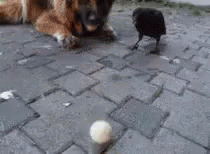
Spark Theory, Level I - Originality
One of the reasons I call it spark theory, is what makes you, you, is extremely unique. You are a spark of chaos, disturbing what you touch, aiding in a new creation.
This level of emotional resonance, I believe, does result in uniqueness.
His video did a good job explaining it well, so I will go deeper.
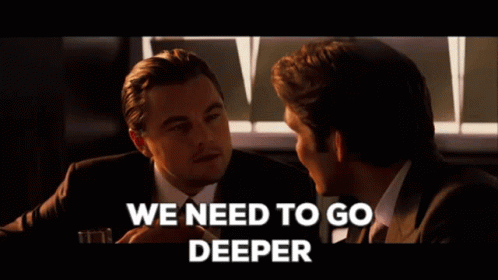
This is when you work on Level 0, and create value in the real world.
If you have an idea, and someone criticizes the written version, because that's what you meant, you have already passed this level.
Typically, most people don't leave this stage.
If level 0, happens to all, level 1 is when children make greeting cards. Their stick figures don't look like us.....But, to them it does.
For an adult this might look someone "getting" the fantasy in your writing, but not necessarily liking it.
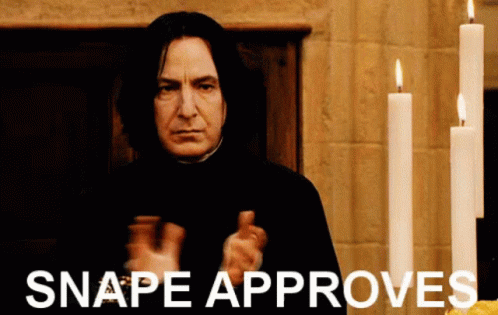
Spark Theory, Level II - Layered Originality
Once we have a spark of chaos, who we are, aids in creation.
It's like our minds, hearts and cultural genes, affect existing culture, having a say in reality's next move.
Before level II, creations can feel like a mish mash of plots.
"I was there, 3000 years ago" - Aragorn, Back to Rivendell, Again.
"My name is..... Arturia." - Queen Arturia, Romans are not our Friends.
This is the advice I hear about mixing random things, as brainstorming. I am not against it as a tool, especially as a stepping stone, but I am 100% against calling that pure creativity.
With Level I, emotion can guide plot creation to form something more unique.
Dad: Thanks for the greeting card, sweetie! A watermelon?
Do you like watermelons?
Child: No Dad...It's....you.
In Level II, creators consistently refine that creation, with more sparks.
This leads to distillation - you actually lose words, because you now made the novel more dense and more precious. You lose some hair too, and look like Einstein, if you don't take care of your health.
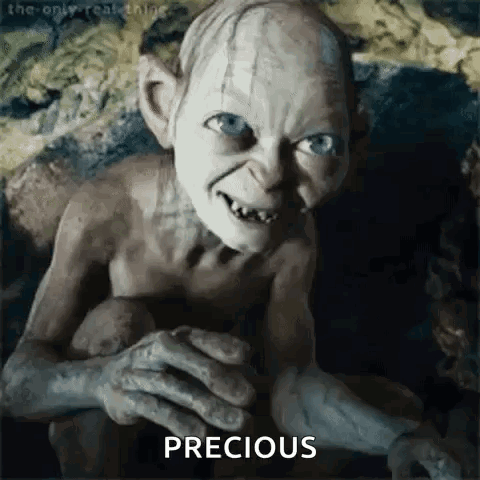
So you add more culture, and repeat. Or more sparks, and repeat, if you're that brave.
Culture adds substance, but sparks take away existing culture, leading to a dance between the mundane / function and richness/ form
A better explanation
Sparks are original. But culture is easy.
Culture provides substance, but sparks are fun.
People enjoy culture - sparks, are weird.
If a creation is only sparks, then it's all show, aesthetic, form, and beauty, and completely original.
It's increasingly difficult to scale this to bigger products, and sparks are hard to come by.
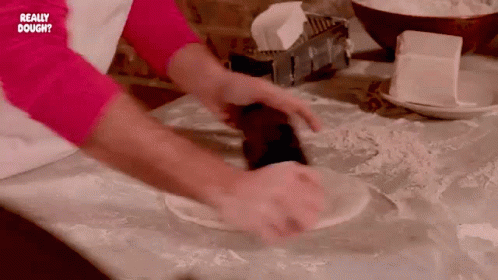
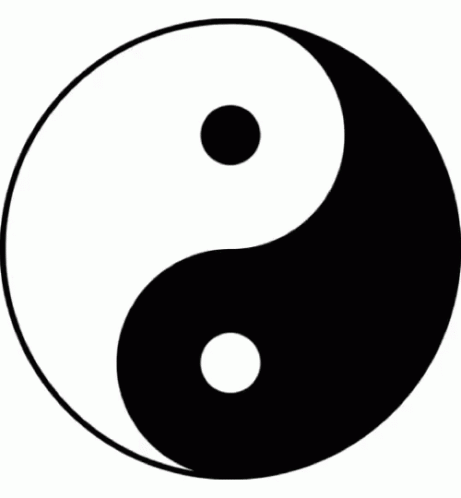
In the end, not only will you have mostly sparks, and unique content, cultural borrowing will be a lot lower.
If you take only sparks - then universally relevant ideas will be even less significant in your creation.
This part sucks - it's the hard work that refines the material-divine connection.
It's the part where the child realizes that their cartoon does look more like a watermelon, than a human.....But that, the dad is fat, also.
Spark Theory, Level III - Layered Originality, Application
Once you have your bread - don't eat it, but it's difficult.
It looks even better than average, but still - don't.
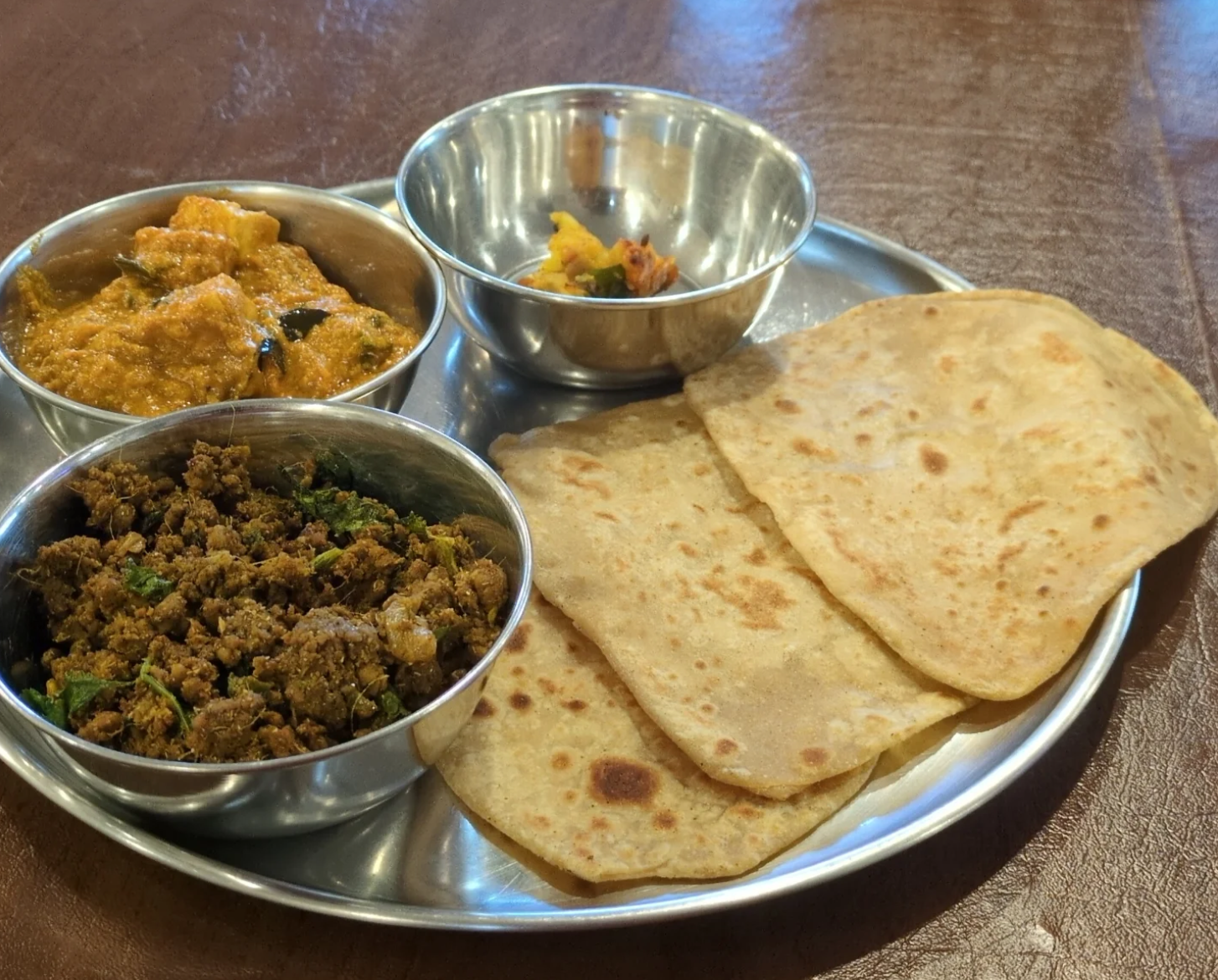
It looks warm and ready, and you worked hard finding sparks that belong to you, and you alone.
If you have enough to feed your novel, use this bread, and this bread alone, to feed those 100,000 words.
Don't have enough bread?
.....Do you want 100% originality?
Go back to Level II.
"It is, to be sure, the moment of truth. If you have been clear in your vision, honest in your evaluation, thorough in your analysis, painstaking in your interpretations, and precise in your statement of your story, the actual writing process will be as routine as baked potatoes. If you have not, you are in for, well....adventure."
- Jon Frankin, Writing for Story.
If you do so, the only culture in your creation, is the wheat your husband gave you, which technically, you can grow or buy yourself.
So yes, this method is not 100% original - even the wheat you grow, comes from the earth's seeds. It was there before you came, and will be there long after.
But if we look at the analogy deeper, the scope of the layering just needs to cover the novel you are writing.
Which means that as far as your novel is concerned, you can be 100% original:
- Use a seed that is the human condition itself, or something that only happens to you. A good example of the former, is something spiritual - love, death, justice. Something deep. The YouTube video in the beginning goes into great examples of the latter.
- Everything else - the material world in your fantasy novel, the puzzle in your murder-mystery novel, the plot devices in your romance novel - make them from scratch.
Together, I believe your media creation will be 100% original.
Now, if someone like me is arguing:
Hey!
But love is a universal theme.
You copied.
My counter is right.
The feeling of awe, love, injustice itself, is not original.
The counter argument to me, again, is what Jon Franklin said:
"As a writer, you will encounter similar shifts as you move from one structural level to another. When you deal with sentences, for instance, where relatively simple thoughts interact, the cliche is poison.
But when large scale structures are interacting, that is no longer the case; at the conceptual levels, the cliche undergoes a strange metamorphoses: it becomes an eternal truth."
- Jon Franklin, Writing for Story, Chapter V.
A nice example - reader getting shocked, when the hero is shocked, that the heroine is the villain, is very cliche.
It's been done before, but, in that moment, no one cares.
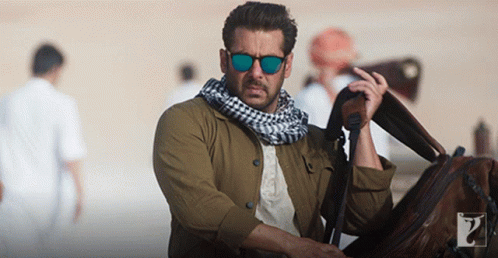
Everyone is waiting for the next time there is a mission impossible, though we also hope it becomes possible. That's the point!
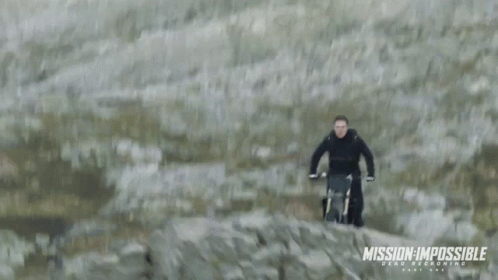
However, every time the hero is shocked, if he says 'What the...!' it's non-creative.
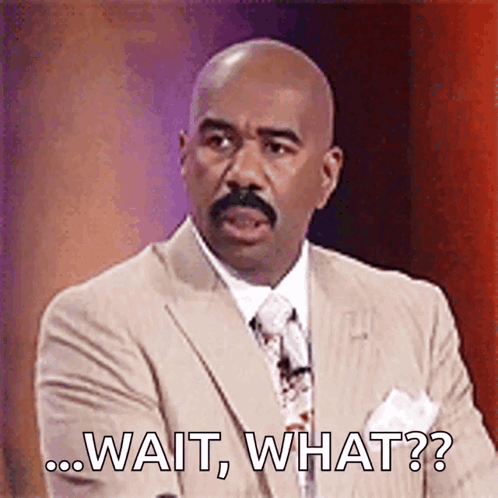
There's a difference between emotional surprise, at the idea level, and frequent use of the same phrase just because you like it, which is because everyone loves it.
How will it be, if every 10 pages, my character says: Domain Expansion: Originality to the Extreme.
I am not copying.
I am using the word original.
👍
Who doesn't like interstellar combat, elves, and people with glasses?
I am completely original.
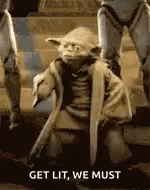

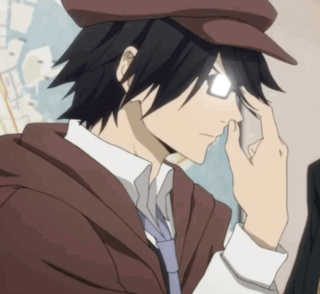

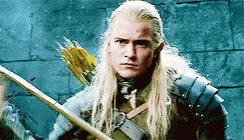
So while 2 romance novels have love in them, one of the novels can be 100% original in 2 different ways:
- That love is personal to the writer, and it's unlikely that experience happened before, or will happen again - possible, but unlikely.
- That love hasn't been seen before - it could have been seen, but it wasn't. For example, Julius Caesar could have setup a network of flag bearers to start a Roman internet, or the Chinese could have colonized America with their gun powder, but they didn't. The principles of chemistry and information theory don't belong to us, though we made use of them well.
The above is without getting into:
- Story
- Plot
- World
- Character
- Voice
- Narrative
- Conflict
Where you can also add sub-levels of quality, which you can study.
A harder (but more correct) way to argue is that you can't claim originality on an idea, that is purely an idea, and nothing but an idea.
In this sense, I am not calling Lord of the Rings an idea - I mean the idea of love. Something abstract, like how Plato might have meant.
So these are both manifestations of love:
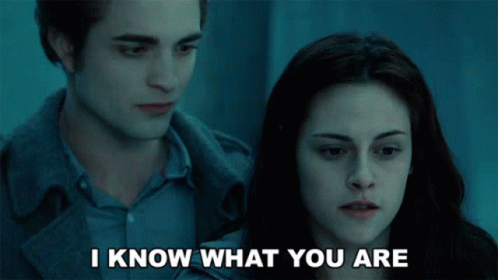
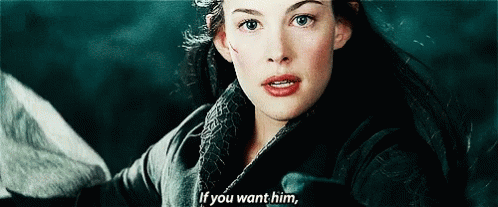
If there is no living thing, there is no love. Love itself requires two beings, or 1 being that loves unidirectionally.
Until then, love is nothing, that can be something....but not necessarily.
Hence, 100% originality is possible, for novels, music, art, and video games.
Spark Theory, Level IV - Efficient Mastery
When people speak of greatness, they mean level III. These creations make us stop what we are doing, and look up.
They mean this:
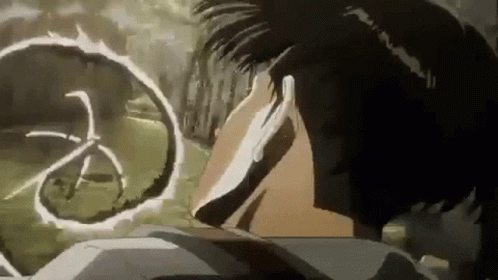
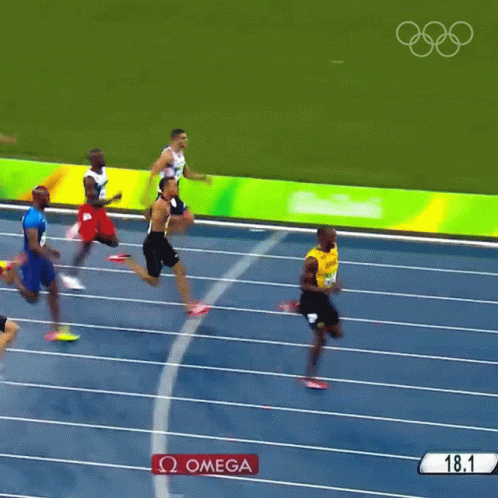
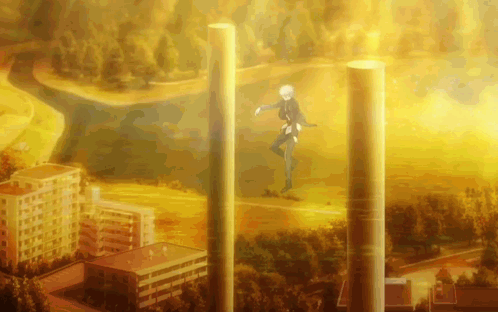
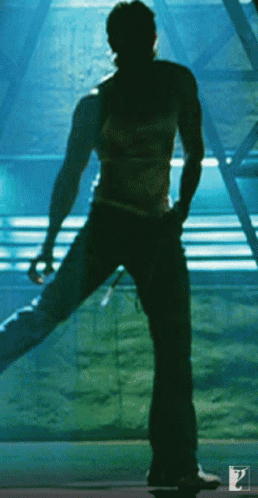
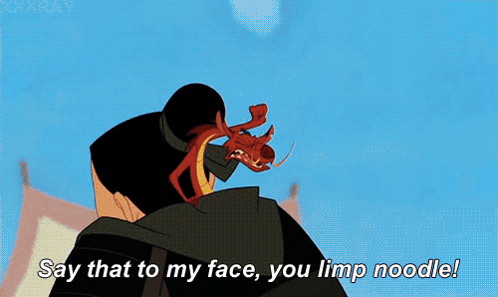
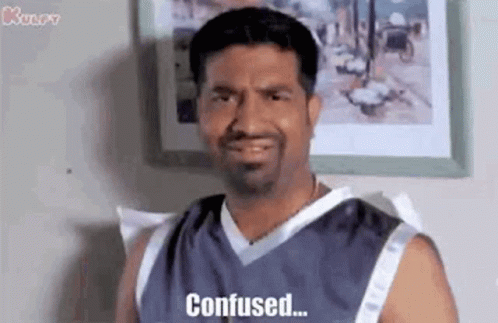
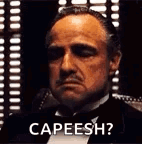

If you have done 1 of these, or more, be proud, whether you are published or not.
Where most people don't write, or give up writing, or give up on finishing something, or never criticize their work....you wrote something.
"...the most important thing is to hold on to the joy and love of writing. As you work on your craft, your ability to criticize your own work (your 'taste') will improve faster than your work itself. This will create the illusion that you are actually getting worse.
This is the hardest part of growing as a writer. Many people lose the joy here and never get past it." - Seth Dickinson, in criticizing my first completed story.
You can find his novel here, and a description of it, here.
I think of his work as a mixture of a psychological thriller, and an action movie, with a strong focus on literary themes.
You were happy. And then you were not happy, and you made that story worse, but at least it's now original.
It's bad, but it's yours.
It's your bad!
....that doesn't make any sense, so you try and try, until something is good and original.
It has the originality of a child (level I), the hard work of an adult (Level II), and the mastery of your trade (Level III).
Whether it's published or not, in my opinion, you have become a master.
.....A baby master.
But, still, a master.
Level IV is not forgetting your competition - a girl with crayons, a boy with dreams, a student with humility, or a retired person who wants to start writing now.
Level IV, is doing level II and Level III:
- Consistently
- Diligently
- Creatively
- Emotionally
- Honestly
- Efficiently
The Second Way
There is a second way to be completely original.
It's to be the book you want to write, and then write.
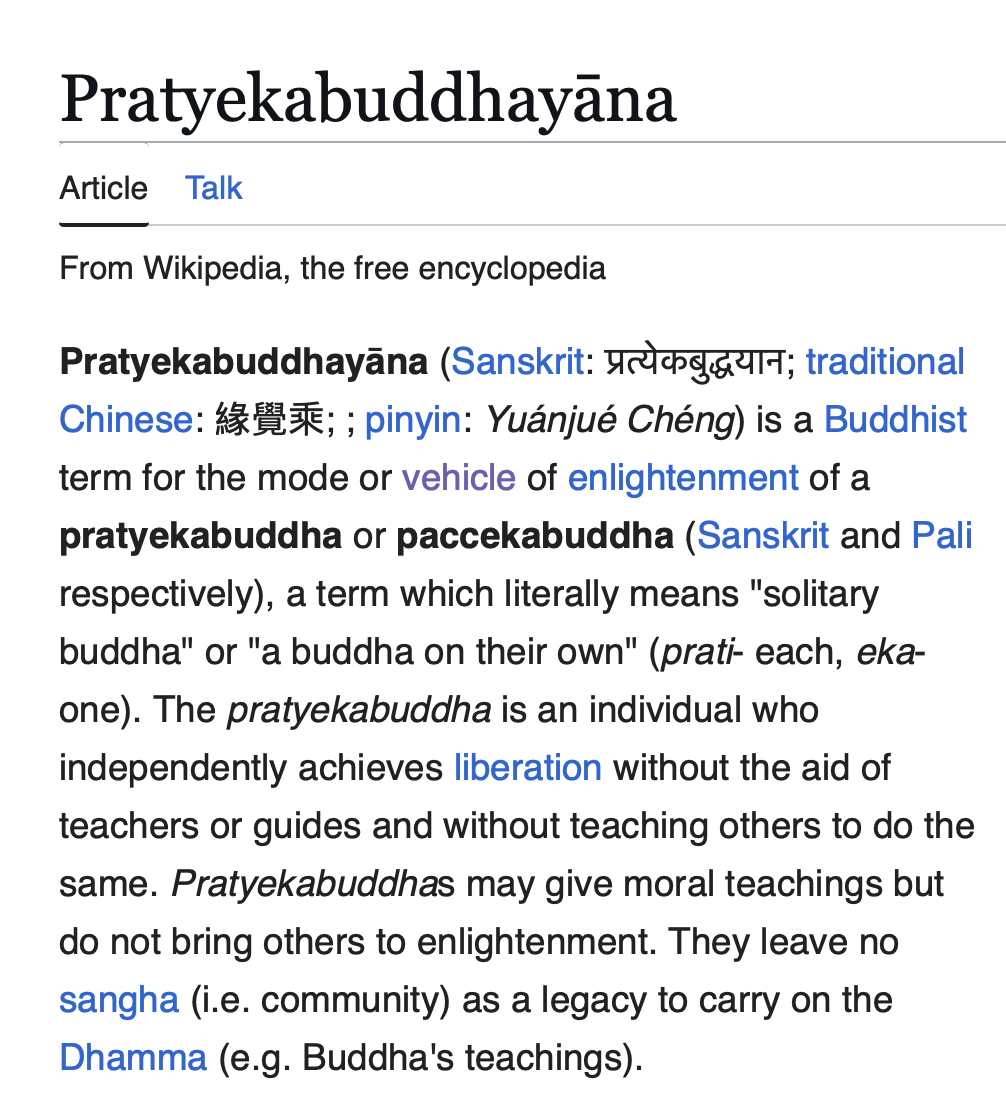
By this, I am not asking young adults to act on their emotions, write a book about their experiences, even if the writing is of good quality, even if there's no violence involved, and even if you get a lot of money in the process.
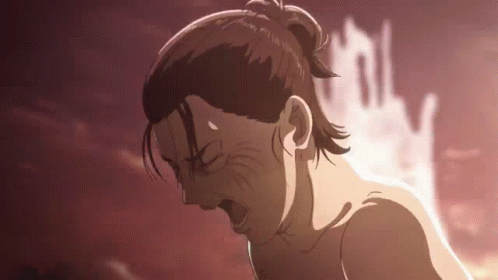
In fact, I'd advise you against publishing something good, based on the intention to publish (fame vs. respect for your work) and where you think you are in your growth.
It's for this reason, I didn't advertise my poetry since grade school, because a part of me knew that my work was derivative, and "better" - but not the best, not by a huge margin.
My poems as a child sound very Tolkienian.
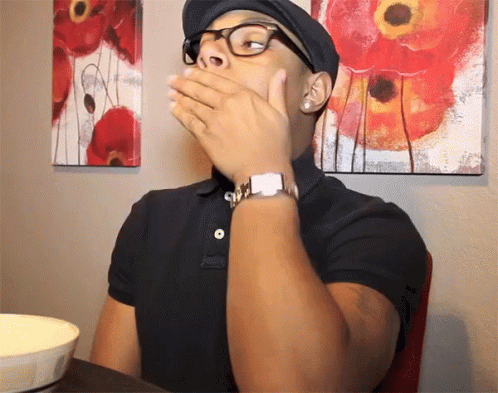
I was thankfully, wise enough to know that my works were an advanced synthesis of greater works, with good support from my mother, and access to good education.
I was told that my sister's classmate didn't do her homework, so she took my chapbook and learned a poem from it, very quickly.
I wasn't too happy about that - I was younger than 16, and I didn't know how to explain false deification.
But in case you were confused about my reaction, now you know.
Since 2023, however, if I had time, and I had poetry that matched my standards, I've been publishing it.
I am asking students to be brave enough to resolve their character arcs down to a happy and peaceful resolution, and then question if they still want to write.
Spark theory comes naturally to me, now, at the cost of a different path in life.
I don't need too much time to create - I know how creation itself works. I am not a magician, just an efficient creator.
Someone who can cook, can cook from any recipe. Someone who can play music, just needs the chords to a new song.
Most stories are 3-act, 5-act, or 7-act structures.
If you know almost everything there is to know about alchemy a subject, and know how a person novel is a mixture of chemical compounds words, then creation is easy.
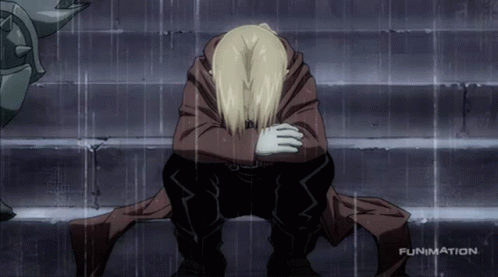
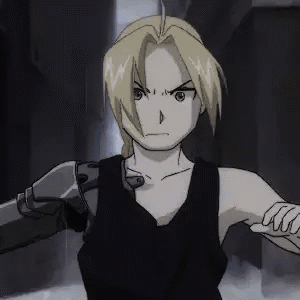
In my case, I didn't realize I was on this path. In a trivial sense, my life was a cliche and classic mix of being a genius, a nice child, being human, an unhealthy dose of tragedy and being unluckier than some others.
In some ways, I grew up in India, not America. Just that alone, had a huge impact: Growing up, mystery novels, thriller novels, romance and non-fiction was the norm for western works available, which I found very disappointing.
The Lion, the Witch and the Detective?
No, thanks.
The Lion, the Witch, and the Wardrobe?
I also want a kite-shield, a sword worthy of a knight, and a Padawan from Star Wars.
Cardboard for the first, light saber for the second, and my sister for the third.
The only Indian western writer that existed was Samit Basu, and my mother bought a lot of western children's books for us:
- Percy Jackson
- Bartimaues Trilogy
- His Dark Materials
- The Mortal Engine
- The Inheritance
- Abhorsen trilogy
- A Series of Unfortunate Events
Which had a huge impact on my imagination. I was very, very, very, very lucky in this respect. Those books, and other media, were for children......but they were very adult in the themes they addressed.
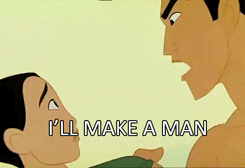
Amma also loved Disney, so we watched it too. I remember watching the sequel to Mermaid, without ever seeing the original....For some reason, my mother's collection never had the original 😆
Amma was very generous in buying books at the fair.....As kids, around exam time, we would get advertisements of what books were possible to be bought later.
My mother would buy us anything that was even remotely educational.
Everything depends on the sales pitch.
At that time, parents would control entertainment, and books, to get a desired academic outcome....My mom didn't, for some reason.
In 6th grade, my mother OK'd the purchase of a rulebook called Duel Masters.
I spent a lot of time studying the rules, and in hindsight, pushed myself to the limit to understand these novel concepts of blocking, monsters, summoning sickness, tempo, etc. etc. etc.
The concept of TCG was new (to everyone), especially in the fantastical sense, so I was extremely fascinated with it.
I also studied the rulebook for Pokemon, but found it hard to explain to my younger sister. My cousins gave us a Pokemon book, which was also nice and well illustrated.
I spent more time studying text books for games, than text books for school.
My father also had a lot of computers, and I became very invested in video games at a young age.
When it came to IT, I had a huge advantage compared to other Indians, even if I didn't play Street Fighter II like American kids.
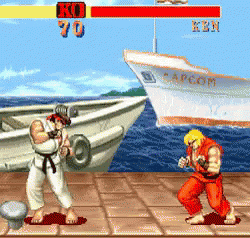
For example, I started typing at a young age. I didn't know this at the time, but this gave me a headstart in computer literacy. This is a good example of where class matters in India - the poorer you are, the less likely it is that you will have access to a computer, or even have the time to ask a teacher good questions.
Where families without computers, would have their children show interest at a computer lab in a private school, I doubt children from lower classes would have any opportunity to spend extended time at a desktop, let alone play video games.
If such a person wanted to be a first class engineer, my luck would be contrasted with their tragic situation.
I still think video games are healthy alternate realities, especially when enforced with competition, ethics, and teaching...My opinion was very controversial then.
I will never forget the day that I figured out, that all I needed to fight with my sister, was a cable my dad purchased a couple of years ago.....I plugged the cable between 2 Game Boys, and we could now fight!
Except, our 2 cartridges were incompatible.
So I requested 2 sisters to finish the games, individually.
We could now fight.
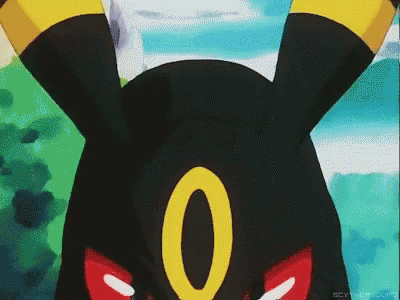
Maybe, the fever I got in 8th grade was from trying to capture Rayquaza, after finishing the puzzle before it, so I can use it to beat the Elite Four, while also planning move sets.
I hope not.
But, if you do Sunny Day first, Tropius' speed doubles, and Solar Beam costs 1 turn, not 2.
I was hoping to do this to my sister's Pokemon.
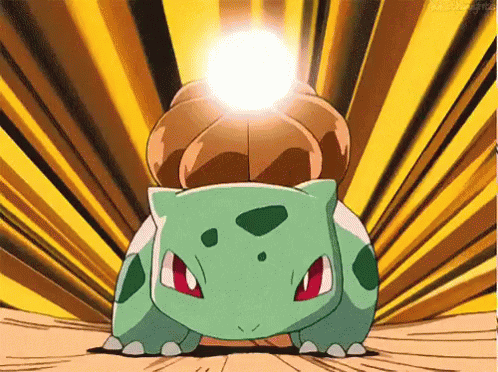
In other ways, I made the right choices, with bad outcomes. This is a good example of a lack of worldly experience, and the scope of my dream, even if it matched my skills, and the generational virtues of open access to knowledge.
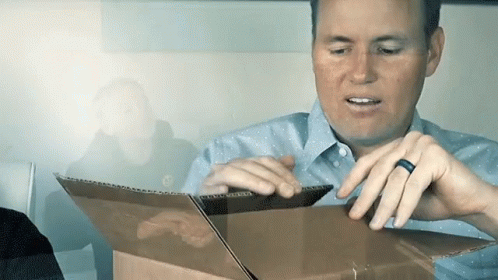
For example, I was not vocal about my literary skills, for a very long time - almost 13 years. Partly, it was to limit hubris, as much as possible, while also polishing my skills.
But I also wanted to do things perfectly, and I spent as much time as possible planning even the IP rights.
More importantly, I didn't know what I was doing, nor that most people, whatever they may say, have no idea either.
For example, I refused for my poetry to be published in a state wide journal, since I didn't want to lose publication rights. I was specifically reached out to by a recruiter, based on my poetry in college, but there was no pay.
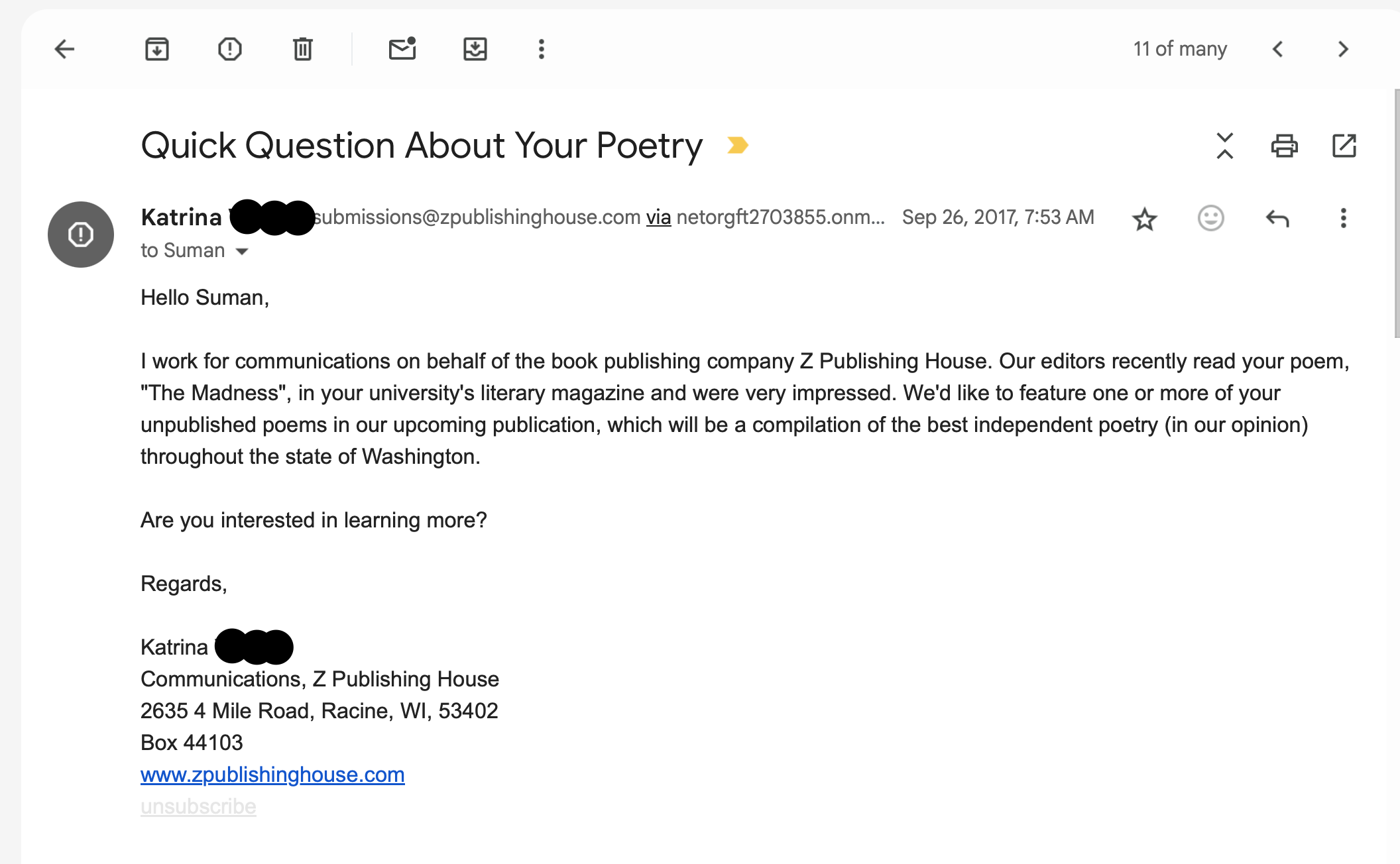
This was definitely a compliment. My response to them was based around the idea of business, though, so I didn't hear back after I sent this response:
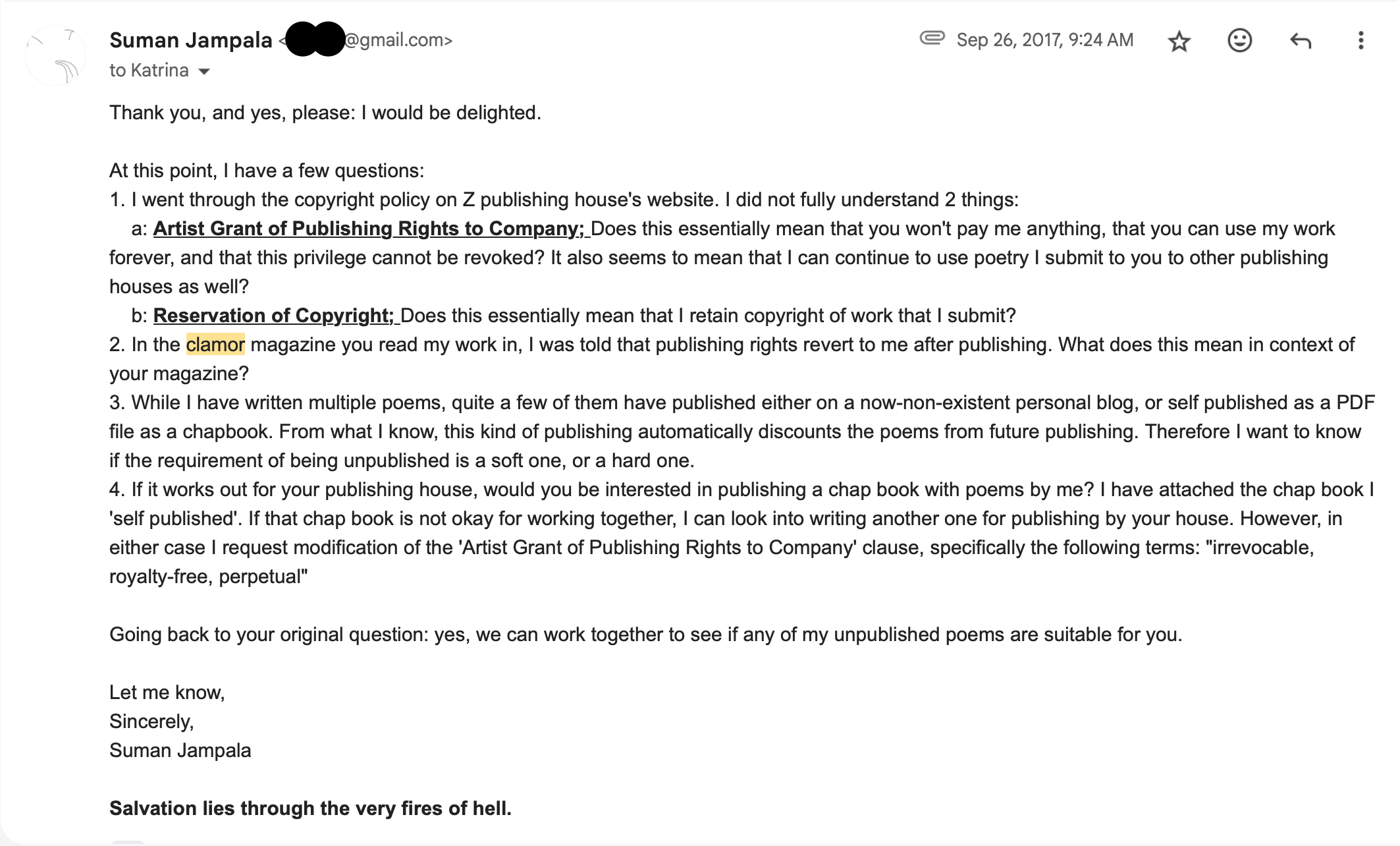
On the other hand, even though my mother was OK with it, I refused to pay publishing agencies money for representing me.
My research told me it was a grey area, since agents would likely make money of my success, and don't need money before hand.
Good call - the other agencies, not the one in the screenshot- were scammy. 👍
In yet other ways, my path was inevitable given my talents - being a genius does involve some level of misunderstanding. It's very cliche, but also very real for the people involved.
To feel bad for being misunderstood, the rejected also knows they're incapable of explaining to someone stronger, that they are thinking something great, and are not wrong, which is hard for some people / children.
In some ways, it's the feeling a baby would have when a candy is stolen from it - the baby can't report it, but it's aware of what happened, and the injustice hits hard - often consistently.
It happens so often, you get used to those jabs.
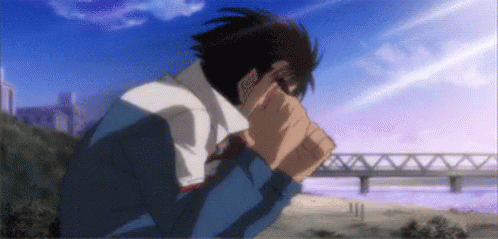
Some people are bullies, and steal candy from babies.
The thing is.....This is as true for me, as much as it is true for other people.
It's just a different type - I can't imagine anyone who has grown through life, without being made to feel small in some way.
"Think lightly of yourself and deeply of the world." - Miyamoto Musashi
This is where humility comes in. I win some, and lose many. Also, maybe the candy was not stolen, I was just eating too much.
My mother didn't let me play video games for too many hours, to protect my eyes, probably.
She gave 3 hours as a limit.
So I played 3 hours continuously.
Then she clarified, saying I can't play continuously - once in the morning, once in the afternoon, and once in the evening was the new limit.
So I played once in the morning.
Then again at 4 pm, in the afternoon.
Once "evening" started at 5 pm, I played at 5 pm.
🤣
If you ever wondered how I beat Rocket Racer..... 😉
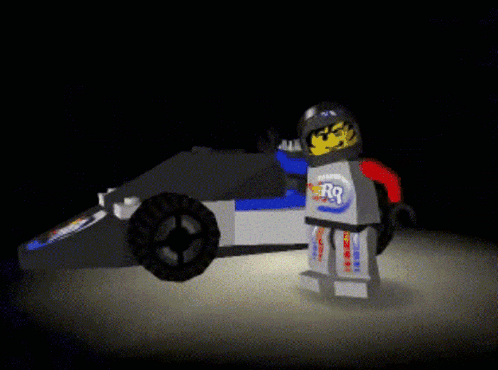
Thinking you're special, beyond another's humanity, is something that makes you the problem, and if you are special, the costs will be greater for being nice.
So not being special, or being an ass, sounds like great options.
Don't go down the path of being an asshole, just because you can! It's not worth it, and you risk your virtue.
It might be tempting. But, is someone who doesn't know what they are doing, worth the momentary pleasure of proving you are better?
Just so you can win?
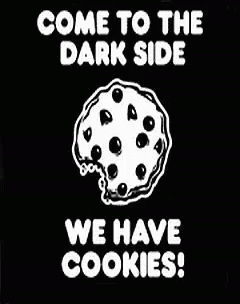
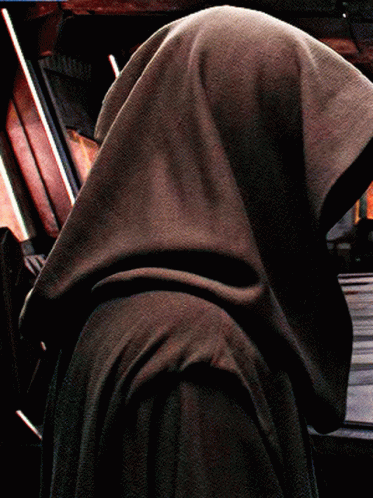
But don't risk your specialty, either.
Take some comfort in the fact that everyone suffers, and....
Suffer.
That's what I did. Nothing useful here, other than the idea that suffering is normal for many.
"Pray to Buddha, and the other Gods, but don't count on their help" - Miyamoto Musashi
"Life is suffering" -child being punishedBuddha
On top of these, human error adds fuel to the fire, in a way it won't add for others, even though I am human.
Yes, everyone makes mistakes. Yes, everyone goes through the heart ache of being human.
But...not everyone is equal.
A job offer revocation for a H1B engineer, is wayyyyy different than it will ever be for Ex-MAANG, all other factors non-withstanding.
For one, their story could end - for another, it's 2 months vacation, with a severance package.
When you are fighting a war, don't spend your extra money on chocolates - buy a sword that's not broken in the middle.
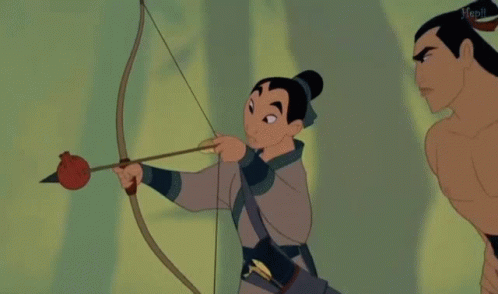
The costs are real. Isolation is real. Forceful self-study is not fun, especially when you believe your talents have a place in the world, and your actions feel like career suicide.
Missing out on the joys of being young, and carefree - again, not fun. Being criticized and rejected, repeatedly - not fun. Being judged - not fun.
Being fired from 2 software roles - not fun.
Being unemployed for 2 years in a row, and not being able to afford anything, while living in one of the most fun cities in the world - not fun.
Being consistently told you are wrong or crazy - not fun.
If my written work looks magical to others, it's because I know it's not magic. I am painfully aware 😆
Why do I say all this? Not to boast, unfortunately.
10 year old Suman: You are so great! Finally.
Now, how will a game that is like Pokemon, be, especially if it's better than Pal world?
Now that Pal world is out, we can propose a better solution to Nintendo.
But, instead of Pokemon, we will use games.
It will be a game, of games, and each game will be different.
Plus, people can mod their own games.
It will be a Massively Multiplayer Role Playing Board Game, with open source code.
For free.
Present day Suman: ....
I am going to bed at 10 pm.
I will try for an hour.
Then, my head is going to drop on my pillow, harder than a dubstep beat, or Sleeping Beauty's head.
If this makes sense to you, and you're capable of agreeing or disagreeing with me, then there's a chance you are already on this path.
Maybe you are great....but judged unfairly, and want to be recognized, no matter what.
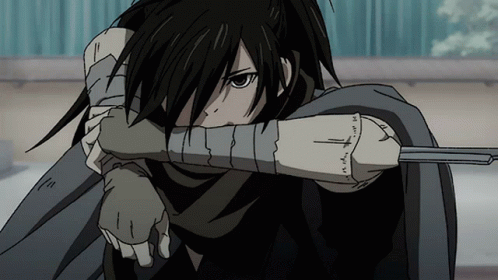
Maybe you are rich, and well settled - but you feel a calling and are envious of free wolves on moonlit plains.
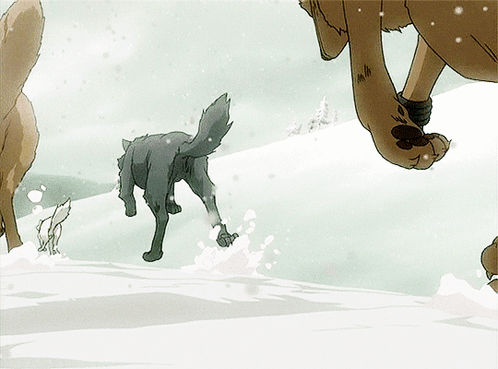
Or maybe you think it's fun to dive deep, and find not 2 - but 5 ways of being completely original.
Why follow my spark theory, when you can do better than me?
For those of you, who think this article is weak, insufficient, cliche, obvious, wrong, or lacking in scope, here's advice from someone who has been there, and back:
- Acquire the knowledge you need, through hard work. Greatness takes time. Talent doesn't take time.
- Be in a relationship with reality - not under it, but not over it, either.
- Respect your relationships. Not just the one with reality - I am talking about the normal ones.
- Acquire wisdom. Since you want to be the best, respect those who are. Respect - not obedience, or servility, necessarily. Greatness takes time, and respect shortens that time. Listen with small mouths.
- Whether you listen to others or not, you need feedback. If you're criticizing yourself, brutal honesty, without hate, is the path. Anger is wasted energy.
- Enjoy using your words, even if using them reduces the word count for your project.
- There is more to life than your book - making chapattis involves the essence of my spark theory.
- Rotting roots, spoil the tree - if you are great because you stand on someone's shoulders, either say so, or reach higher, and suffer more.
- Life may not give you extra credit for suffering more, though I have found the path to be rewarding, and fulfilling, personally.
And good luck! You're going to need it.
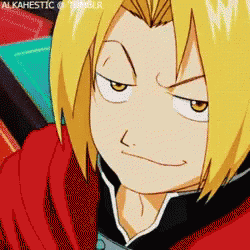
If you think 100% originality is not possible, please criticize me here.
If you've been on this path, and have come to a different conclusion than mine on how to write with complete originality, please criticize me here.
If you've not been on that path, and see mistakes, especially of the spelling kind, then definitely criticize it here.
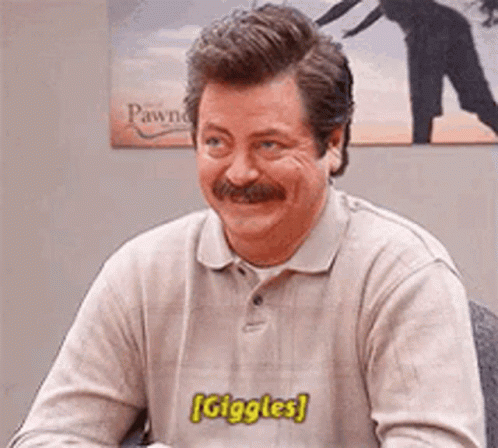
Appendix
I am pretty sure you will see the 4 levels I mentioned reflected passively, in Jon Franklin's book Writing for Story, in a section titled The Nature of Art and Artists.
I found his perspective on the craft, talent, and hard work, enlightening. This is because I usually come across books that have 1 of the above factors, and at most 2.
I was also skeptical when I read the book - I thought I didn't need it, but was struggling with basic plot so much I didn't really have a choice.
The ego cuts.....They hurt, especially when someone baits you with the truth, and tells you there's a more evolved version of the truth.
If you're looking for a logical way to look at storytelling, I definitely endorse it.
You might see these levels, as plot points in anime, maybe, mirroring the hero's journey.
I say anime, because of the abnormal focus on magic systems, relative to literature, Hollywood, and Bollywood.

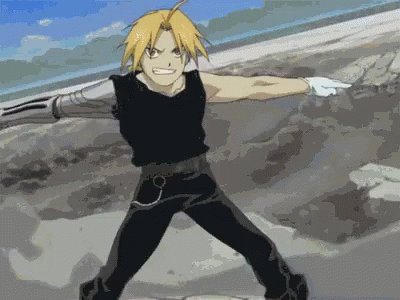
I also recommend the War of Art. Friendly reminder that it's nice to just read such books, and the Second Way is very annoying.
You might see this 4 step process of childlike love, and the return to it, in several spiritual practices:
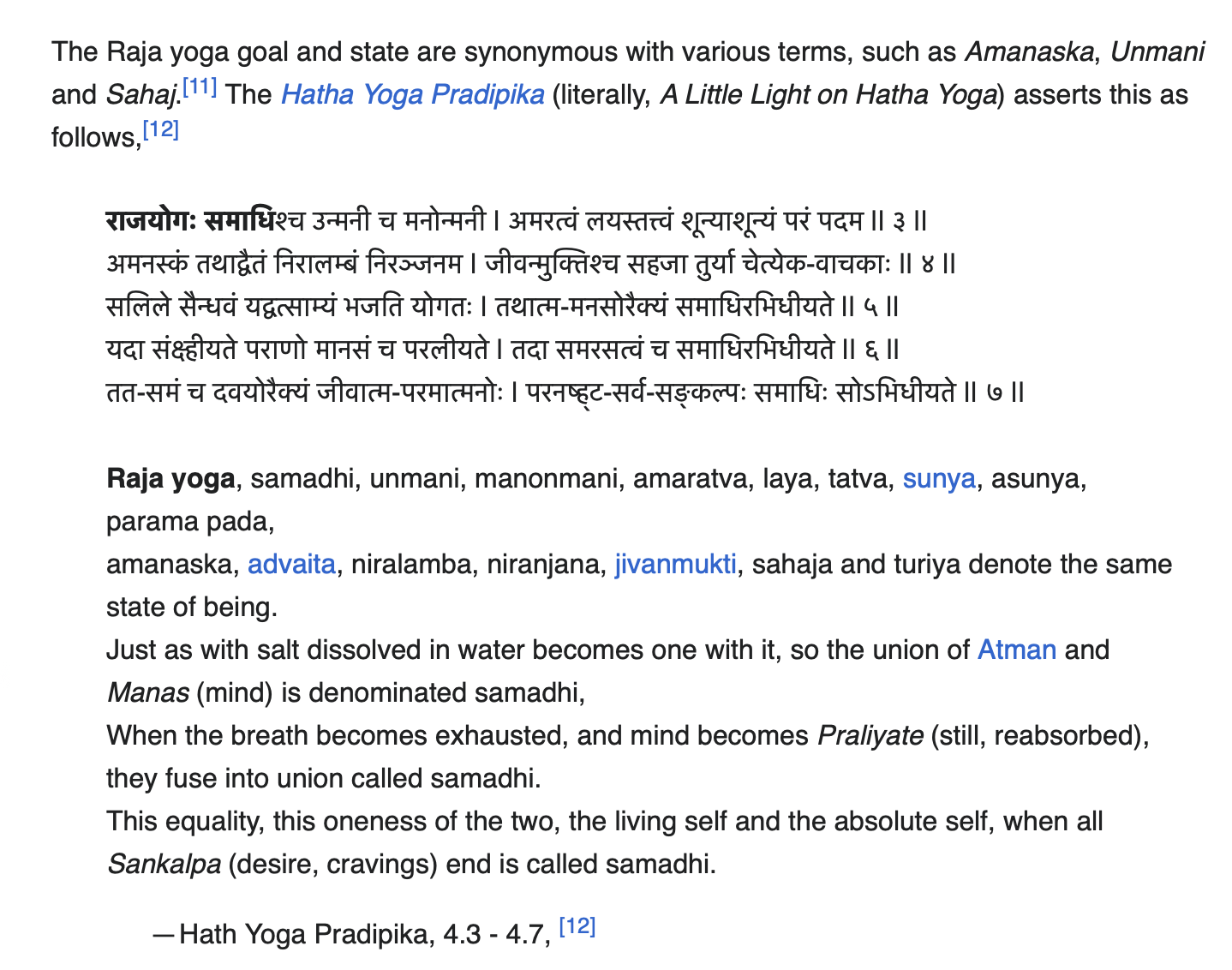
Looks like Buddhists spent a lot of time analyzing the path to enlightenment, for sure: https://en.wikipedia.org/wiki/Visuddhimagga
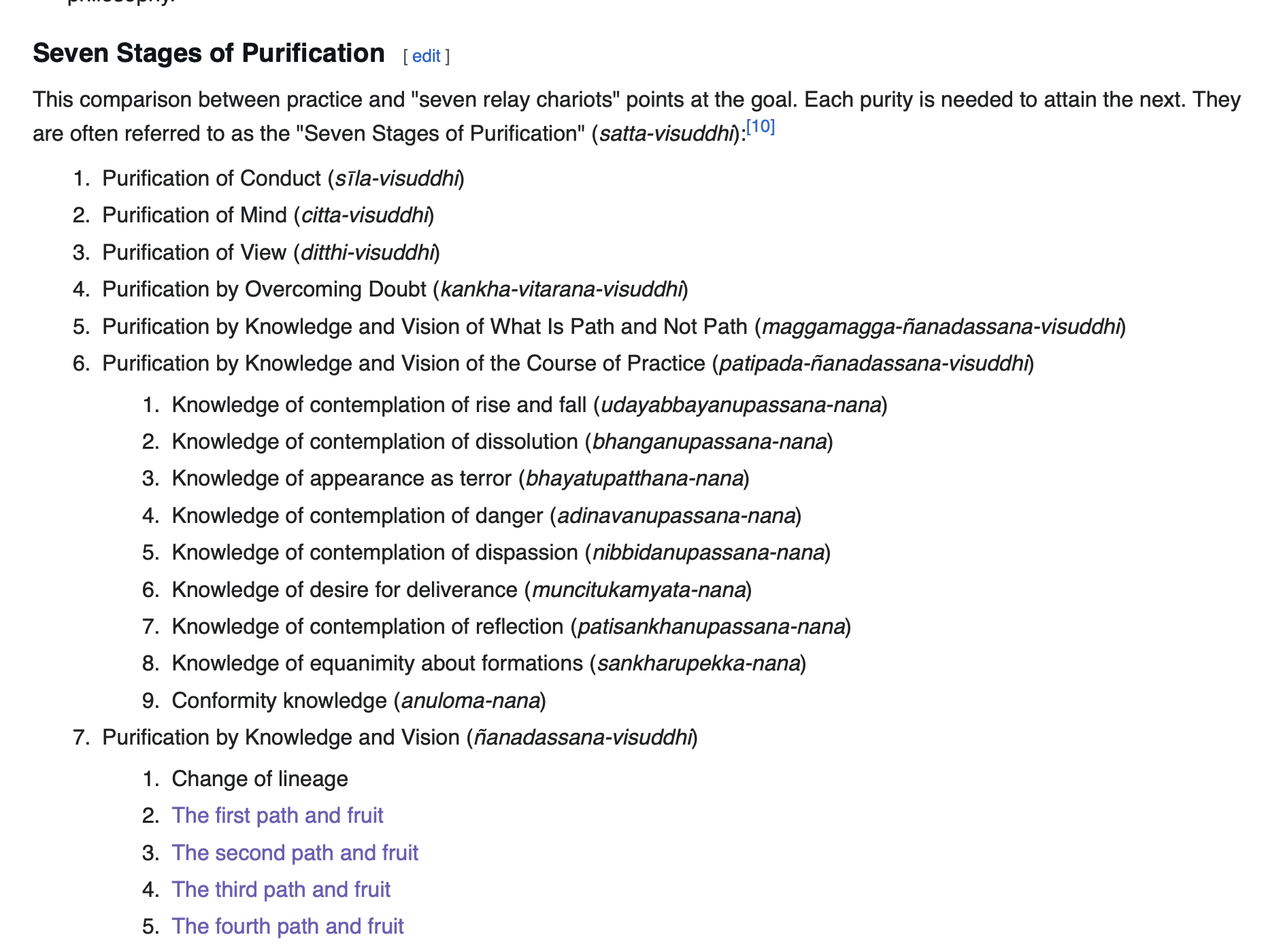
I hope the 5 step process of:
- Level 0: Human
- Level I: Originality
- Level II: Layered Originality
- Level III: Layered Originality, Application
- Level IV: Mastery
Helps you either be creative, be 99.9999999999% original, or write better.
Due to practical constraints, 100% originality is difficult.
It's not impossible though - it's just that even the seeds have to be original. Not just emotional seeds - the matter in your universe, needs to have a fundamentally different, but correct, chemical existence.
That is a scientist needs to read it, and go -
This makes sense.
Why? It feels like nonsense.
.....That doesn't make any sense.
The more originality you take off of such a project, the more culturally relevant it becomes, and more accessible.
That is to say: what's original is not necessarily fun, and usually people don't care if it's original, if it's fun.
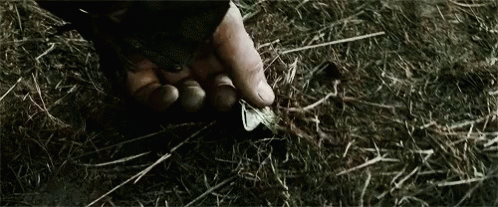
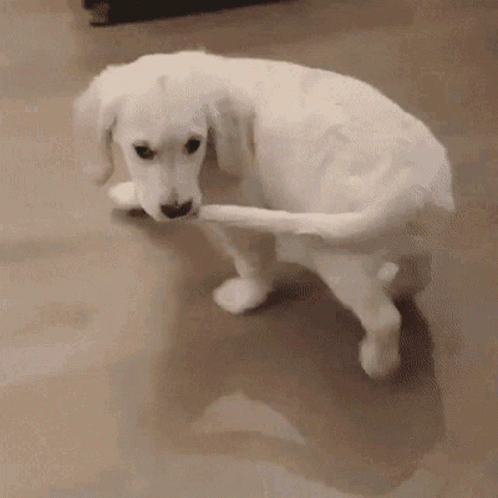
The other way to write with 100% originality, is to be completely you, learning the skills needed, and writing, and re-trying.
This involves a lot of patience, hard work, and commitment, in my opinion...It's basically finding your voice first, and using that to inform and advise your custom approach to all other elements .
In my case I had to stop reading for a long time, and then I stopped watching movies also.
I had no problem with philosophy, words, and world-building.
I really, really struggled with plotting, and had no choice but to be humble and become a student of the craft.
Everything else, I studied alone.
I don't regret anything, at all.
Member discussion